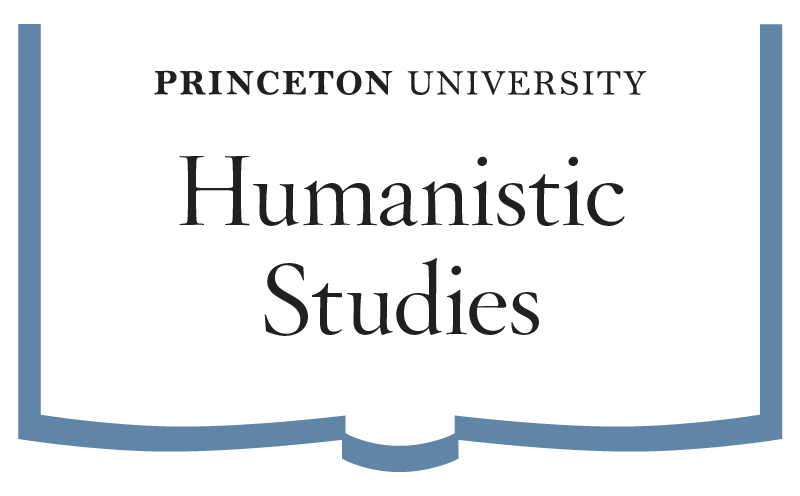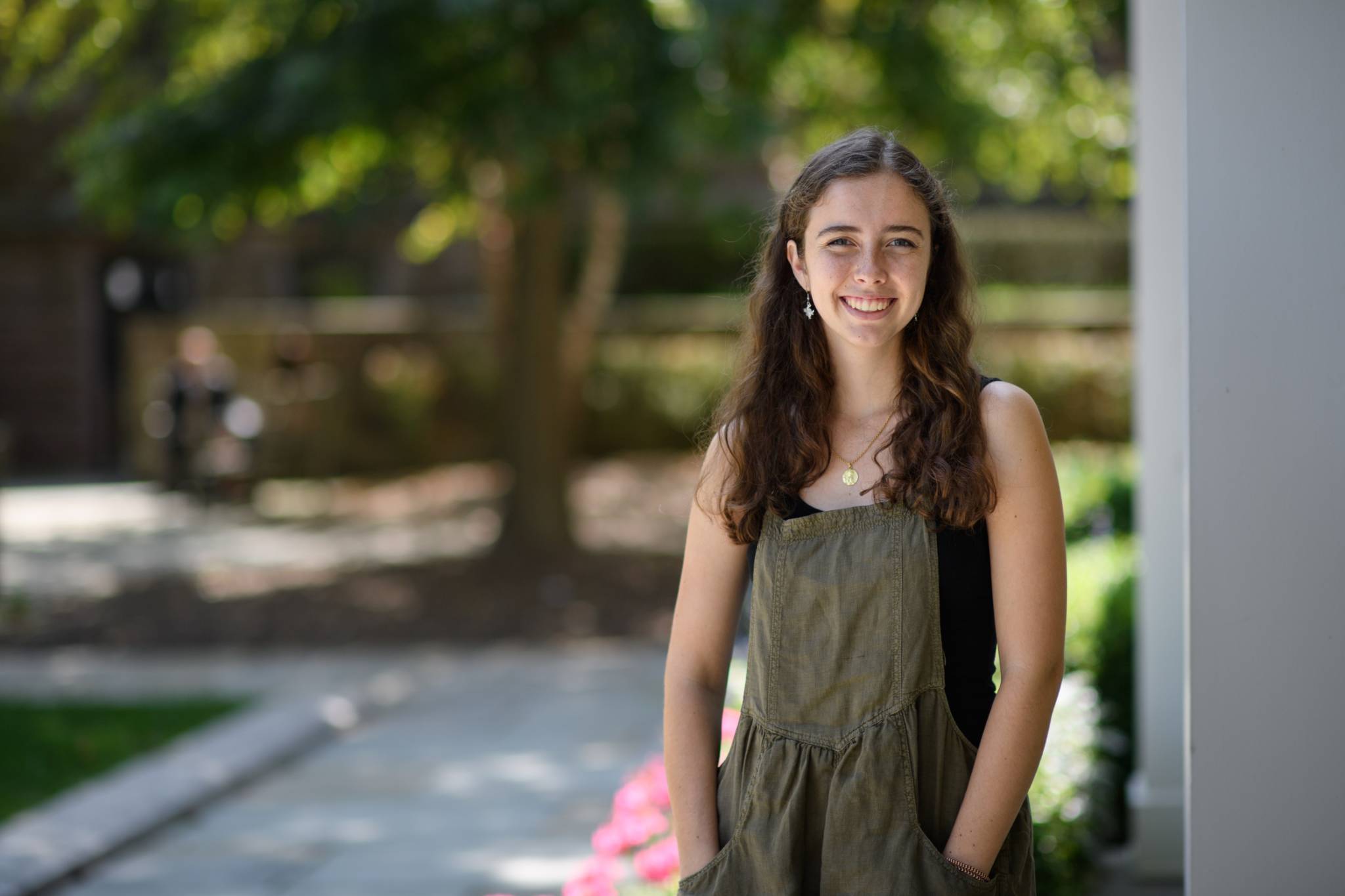sthode@princeton.edu
I’m an English major with certificates in Humanistic Studies; Roman Languages and Culture; and Gender and Sexuality Studies.
Role(s) held in the Humanistic Studies Program:
Certificate Student, Humanities Mentor, Symposiarch, Behrman Society
Activities on campus:
On campus I act as the Head Symposiarch of the Humanities Council’s Mentorship Program, serve as a Project Leader and volunteer at Community House, and write for the Nassau Literary Review. I also hold a campus job at the Women*s Center, advise first-years and sophomores as a PAA in Mathey College, and work as a researcher for a digital humanities project on interwar Paris. When I’m not in Chancellor Green or Joseph Henry House, you can usually find me on the Towpath or trail-running in Community Park.
Why I decided to study the humanities:
For as long as I can remember I have loved storytelling. Being the child of two artists, it’s been ingrained in me from the beginning that there are so many different ways to tell a story, be they visual, literary, auditory, or more. The humanities, for me, are a way to analyze the stories humanity has told and continues to tell across time, while I set out on the journey of crafting my own story.
What I have gained from the humanities:
For me, studying the humanities has meant expanding my community. That community has taken three forms: there’s the intellectual community I’ve found with other scholars and writers across the years who’ve read the same texts as I’m reading, and asked the same questions I’m asking. There’s my own Princeton community of fellow students and incredible professors who go out of their way to support me. And finally, there’s the international community to which Princeton has given me access by means of four separate study abroad experiences. Knowing I have a home in so many places and times is a constant source of joy and comfort.
Independent work:
My senior thesis is a comparative study of poetries of resistance from the Northern Irish Troubles and the American AIDS Crisis, two political catastrophes that emerge from the implosion of intimacy. Drawing from semiotic studies of metaphor, queer theory, and a variety of cross-disciplinary archival sources, I argue that Troubles and AIDS poetry exemplify two different—yet linked—versions of poetic resistance that complicate the distinction between a body politic and an individual body. My junior paper explored the occlusion of sexual trauma latent in the symbol of the poetic nightingale.
HUM Sequence fall break trip:
In the fall of 2017 I went on the Rome trip led by Professors Baraz and Schor. For my research project, I examined how the visual culture of papal vestments communicated changes in Catholic church doctrine during the Counter-Reformation and after the Second Vatican Council of the early 1960s. My research took me everywhere from a 5th century basilica to Gammarelli’s, tailor shop of the current Pope! Beyond that individual project, however, the Rome trip has stuck with me in much of my later work. The trip exemplified interdisciplinary study: we would engage with visual art, ancient texts, archaeology, and religion, all before lunch. My thesis draws from a very wide range of sources, and the Rome trip provided a valuable exemplar of cross-disciplinary synthesis.













